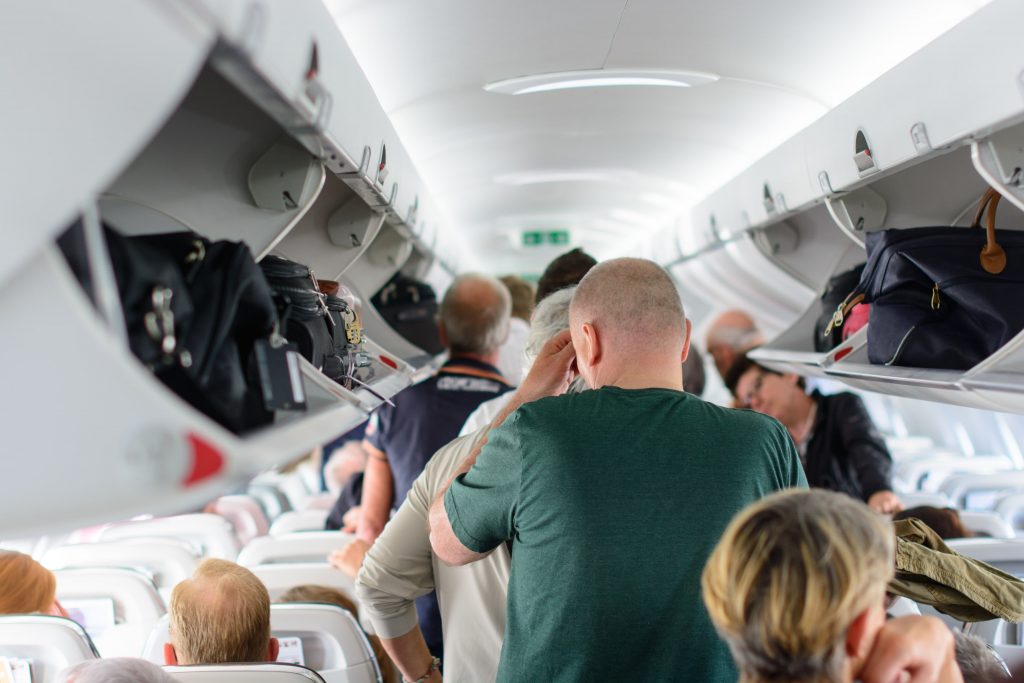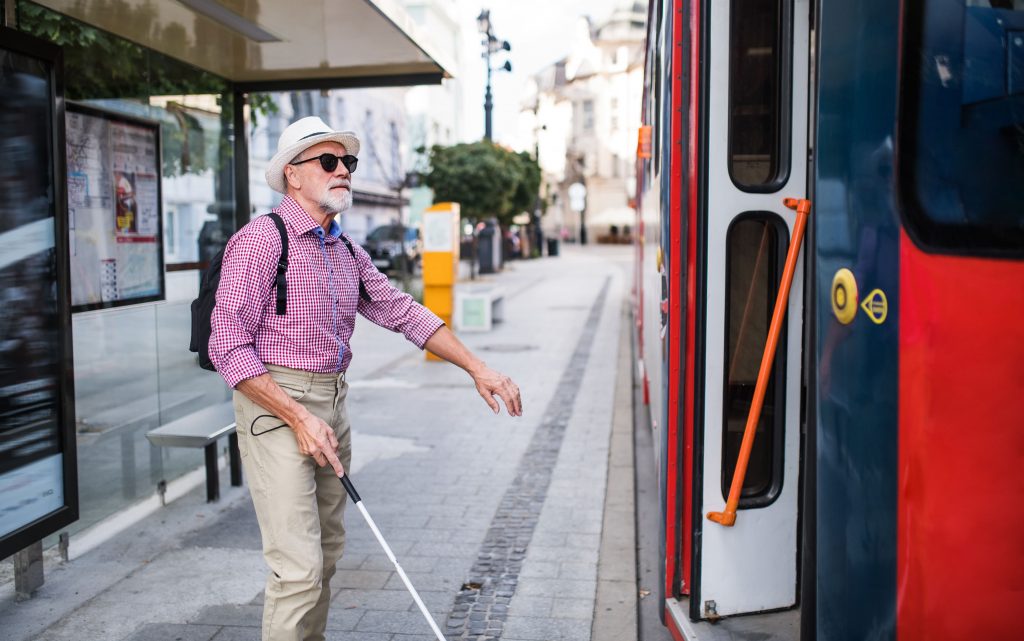Top 10 Travel Tips if You’re Disabled
Planning ahead is key for any traveller, whether you have a disability or not. But, there are a few extra things you might want to think about if you’re disabled, to ensure you get the most from your holiday experience. Here are 10 tips to take on board.
1 – Book as early as possible
As soon as you’ve made a decision about where you want to go, and where you’d like to stay, get in touch with the proprietor, agent, or holiday organiser to check they’re able to accommodate any needs you might have. For example, this might include booking a room on the ground floor, or one with an adapted bathroom, but it could include mentioning any special dietary requirements you have.
It’s a good idea to get this arranged as soon as possible, in case the room or any equipment you might need get booked up.
2 – Use a specialist tour operator
In some cases, you might find it easier to book your holiday with a specialist travel company that caters for people with your disability or condition. This could involve travelling independently or as a group. Such a tour operator will understand what your needs are and will have the right skills and experience to address them at every part of your holiday. Whether you have a mobility problem, are blind or visually impaired or hard of hearing, for example, there are various specialist operators to choose from.
3 – Make sure you’re covered
Travel insurance is a vital ingredient of any holiday, and taking out the necessary and adequate cover is especially important. If you’re travelling with a disability or pre-existing condition, choose an insurance provider that can cover your needs, giving you peace of mind while you’re away. Make sure that any medical equipment you bring along is also fully covered.

aware of your requirements.
4 – Inform the airline
If you’re travelling by plane, both ground staff and the airline may need to be aware of your disability, particularly if you require assistance with your mobility. Inform the agent at the time of booking and get in touch with the airline in advance so they can make a note of your requirements. Once you arrive at the airport, make your needs known to staff at the assistance desk before you check-in, and then after you’ve passed through security.
If you’re a wheelchair user, it can take a little longer to pass through security as your chair will be swabbed, so do allow for extra time.
Bear in mind that airlines won’t charge you for any mobility equipment you might need, so take advantage of this if you think it will make your life easier. These days, you can find lots of mobility equipment that’s designed to be portable, making getting around when away much simpler than ever before.
5 – Be prepared
There’s every chance your holiday will go smoothly without any hiccups, but it’s still a good idea to be prepared in the event of a medical emergency. Write down a list of your medication, any key aspects of your disability, contact details for your GP and next of kin, as well as insurance information. Keep this list on you when out and about so that you can get the right support or treatment if required.
It might also be a good idea to acquaint yourself with the nearest medical centre or hospital to where you’re staying, on the off chance you need it.
6 – Extra medication
If you rely on taking any medication, make sure you’ve got enough supplies for the full duration of your stay. It does no harm to pack some extras, in case of any travel delays or unforeseen circumstances.
7 – Tools and spares
If you need to take any kind of medical aids or equipment with you on your holiday, it’s a good idea to pack a small tool kit in case you need to make any simple repairs. Don’t forget to include any spare batteries you might need for equipment, particularly if you use very specific types, as you might not be able to easily pick them up at your destination.

can prove invaluable.
8 – Learn some key phrases
If you’re visiting a country with a foreign language, it makes sense to learn a bit of the lingo. But, you might also find it useful if you suffer from a disability, particularly one that isn’t obvious. You can’t always tell if someone has a disability by looking at them, as some conditions are invisible, in which case, it can be harder for people to know how to help or offer assistance if you need it. Therefore, familiarise yourself with key terms relating to your condition in the foreign language, so that you can communicate your needs if required.
9 – Know your triggers
People with both physical and non-physical disabilities can sometimes experience worse symptoms under certain situations or conditions. Identify what your triggers are, and find ways to alleviate them or avoid them during your trip away. For example, if you suffer from a disability that is worsened if you feel tired, choose daytime flights rather than night flights which would disturb your sleep. If stress triggers your condition, be as organised as possible before you depart and choose the easiest travel method to get to where you need to be. Avoid connecting flights if you can.
10 – Know what to expect
If you have a non-physical disability, such as a mental health impairment, you might be more fearful of the unknown or the change of environment, compared to someone without a disability. This shouldn’t be a barrier to exploring new places, however, but it might mean that you need to be a bit more aware of what to expect than others.
Research as much as possible about your chosen location before you travel, and seek expert tips and advice. Look at photos of where you’ll be staying or travelling to, and learn about other people’s experiences in similar situations to your own. Being informed should help to put your mind at rest and make you feel more familiar with a place before you arrive there. Also, be sure to check the current information on coronavirus, safety and security and the country your visiting’s entry requirements. You can find this information on the Gov.uk website.
All that’s left to do is have a great time!

